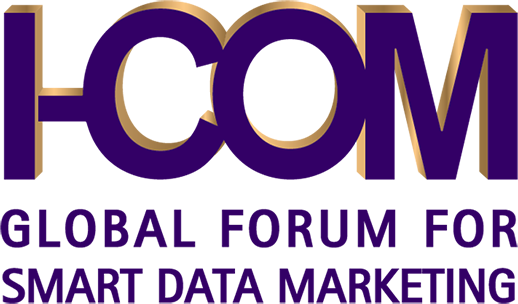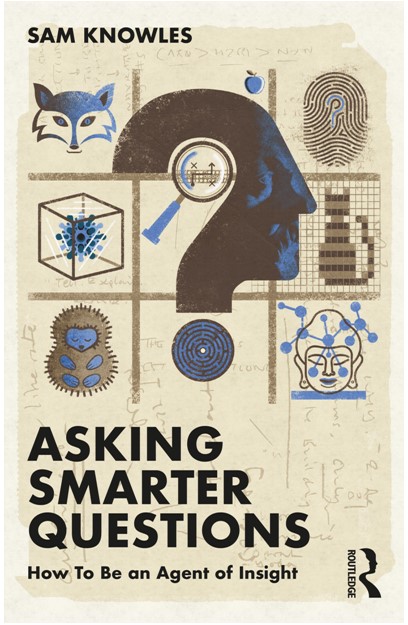Emerging Issues in Data Storytelling
CHAPTER 3 | Asking smarter questions
Asking smarter questions – the key to surfacing data-rich insights for better stories

Great data storytelling starts with questions
By the time they’re five, children have asked the question “Why?” 40,000 times (Warren Berger, A More Beautiful Question). This curiosity and thirst for knowledge is what we use to make sense of the world, as we seek to establish the uniquely human if-and-then contingencies that underpin progress and innovation (Baron-Cohen, The Pattern Seekers).
But once we enter school, education and then work squash curiosity out of us by placing a higher score on answers than questions. In data storytelling, this is not only a mistake – it is counterproductive. Great data storytelling is predicated on the ability to ask smarter questions.
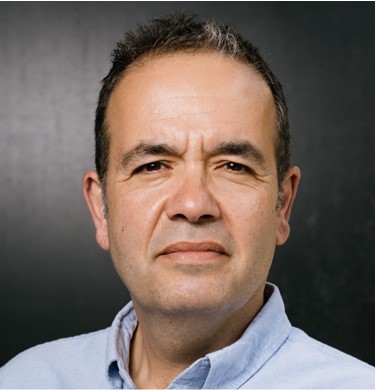
Dr Sam Knowles
QUESTIONS
INSIGHTS
STORIES
The right data and evidence
Profound and useful understanding
Powerful, purposeful storytelling
Embracing our inner Socrates
Inspiration for asking smarter questions as the foundation of great data storytelling comes from an unlikely source: fifth century BCE Athens and the founding father of much of the Western tradition, Socrates. Although he wrote nothing down that survives antiquity, the Socratic dialogues written by his pupil Plato record him several times using the paradoxical maxim: “All that I know is that I know nothing”. This approach to asking smarter questions – of people, of data sets, of Big Data – puts all prejudices and assumptions, biases and prior knowledge to one side and ensures that we don’t impose our own perspective on the narrative that data can help us to tell most efficiently.
It’s about "HOW" and "WHAT" you ask
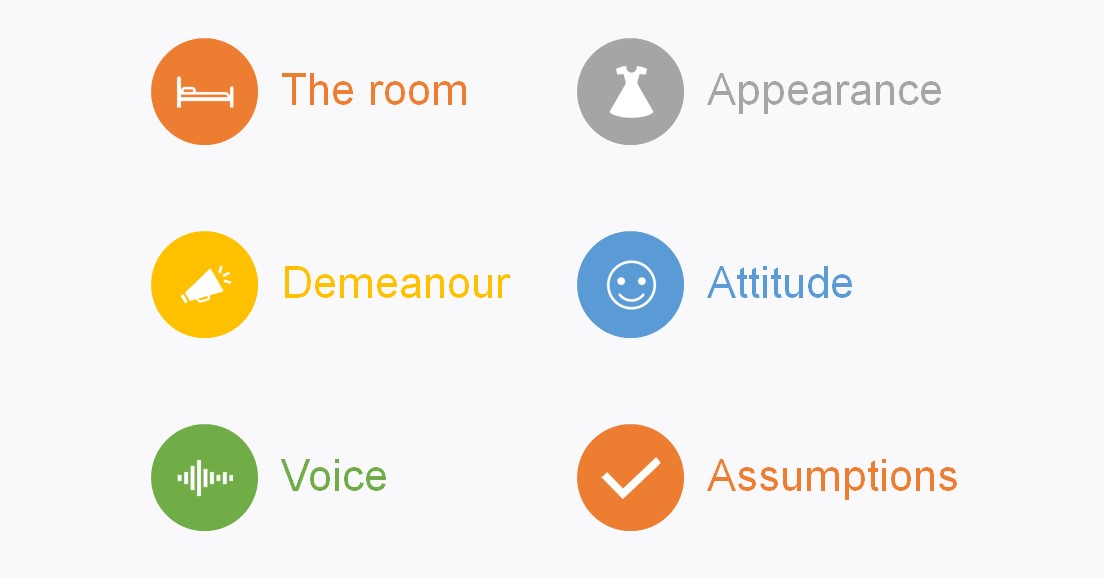

There’s a huge amount that data storytellers are able to learn about inquisitorial techniques from those whose jobs are predicated on the ability to ask smarter questions. These include: journalists, the medical profession, conflict mediators, Buddhists, scientists, police detectives, coaches, market researchers, and expert sales people.
In his book Never Split the Difference, former FBI hostage negotiator Chris Voss identifies many strategies from his world that work so well in the world of business, too, including:
- Tactical empathy – to see the world from the other party’s perspective
- Mirroring and labelling – repeating the last three words from every answer; confirming
- The late night FM DJ voice – speaking in low, soft, deep tones
- The accusation audit – calling out the worst-possible outcome to get it on the table
The Six Universal Principles of asking smarter questions
There are six strategies all data storytellers should adopt to surface the right data.







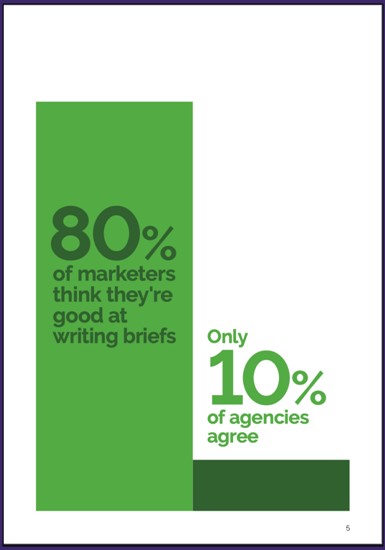
Three 'killer' questions in the 2022 briefing template by IPA / Mark Ritson:
- Who will the strategy focus on?
- What is the offer to the target?
- How will we win with this target?
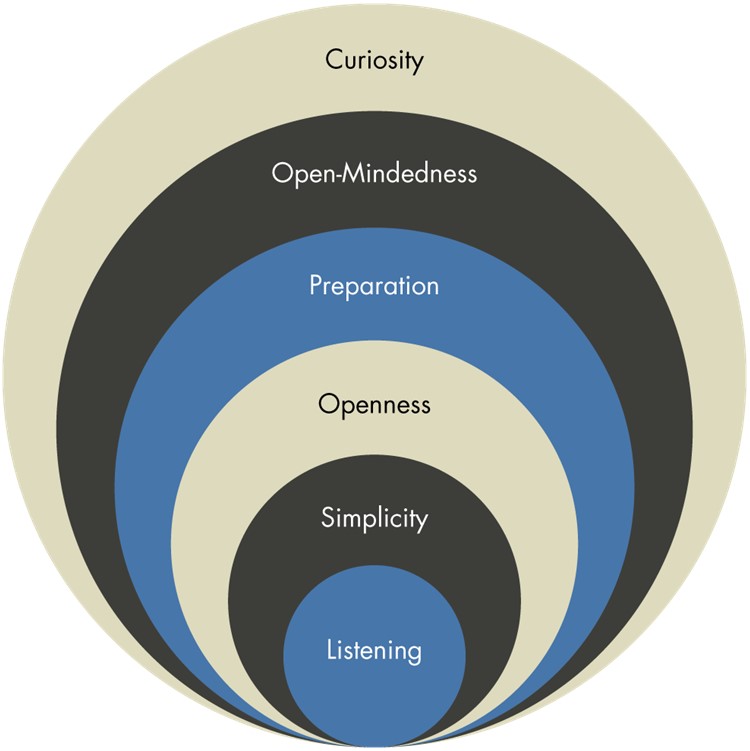
The world’s best briefing template?
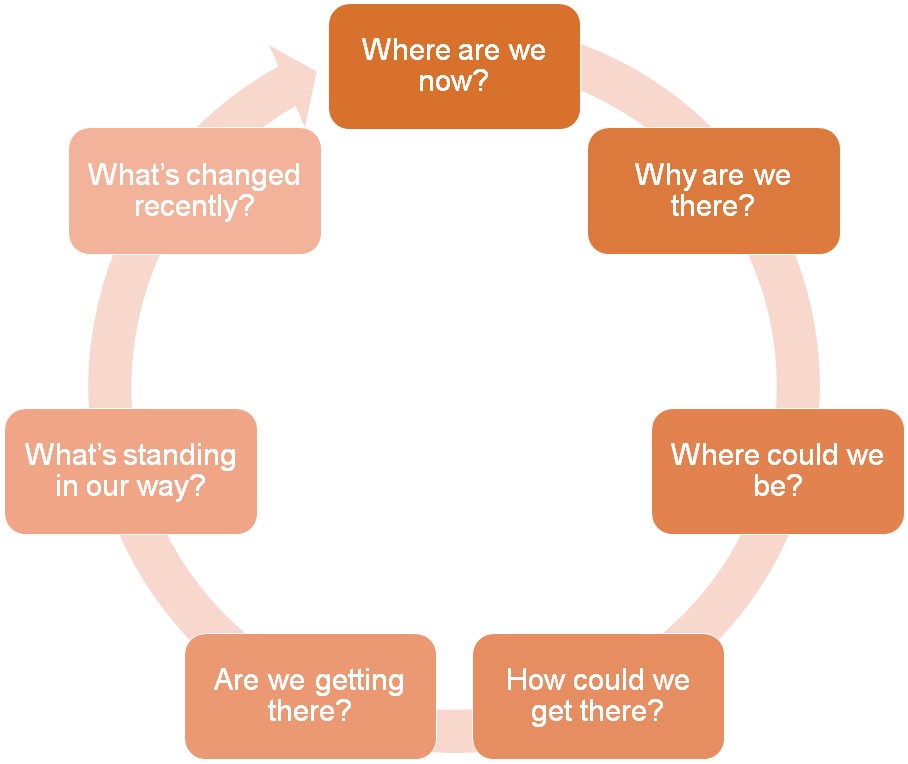
When he was working at JWT in the early 1970s, the ‘founding father’ of the the data-rich discipline of strategic planning – Stephen King – established a simple, five-question briefing template in his 1974 publication, A Framework for Planning.
To the core, five questions (clockwise, from “Where are we now?” to “Are we getting there? in the diagram to the left), we can add “What’s standing in our way?” and “What’s changed recently?”. This – perhaps – is one of the world’s best, and simplest, briefing templates. For creatives. For media planning. For data storytelling.
Share your thoughts on LinkedIn
Join the next Data Storytelling Council discussion!
Uncover insights with the leading Data Marketing professionals, and experience the value of Council Meetings firsthand! Potential Members can participate in up to 2 trial Council Meetings. Register now to explore your topics of interest.
